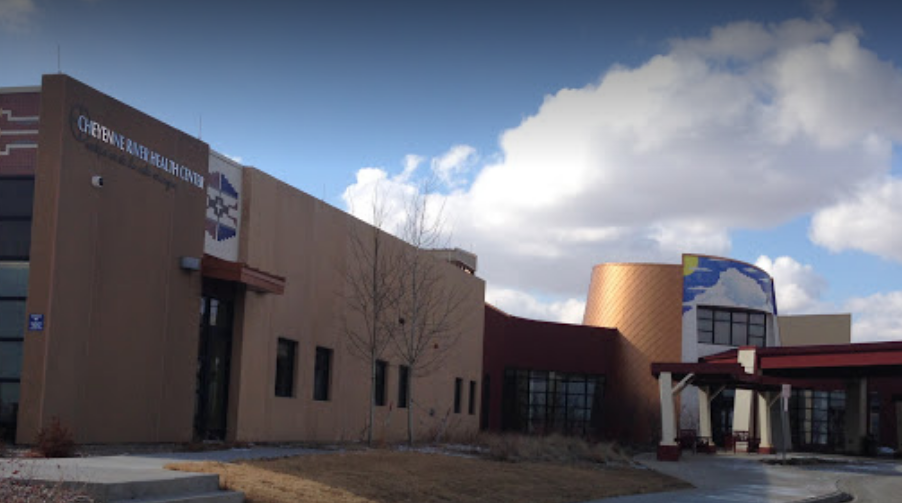
- Details
- By Native News Online Staff
CHEYENNE RIVER SIOUX RESERVATION — The Covid-19 Delta variant is surging among the Cheyenne River Sioux Tribe, based in Eagle Butte, S.D. on the Cheyenne River Sioux Indian Reservation.
Currently, there are more than 60 active Covid-19 cases, and more cases are being confirmed every day, according to Cheyenne River Sioux Tribe Chairman Harold Frazier, who released a statement late Thursday.
Want more Native News? Get the free daily newsletter today.
In his statement, Frazier indicated there are no available beds available at the Cheyenne River Health Center, which is run by the Indian Health Service. In addition, there are no beds available in the State of South Dakota for patients referred out by the Indian Health Service from this reservation, according to Frazier.
“It is important for every person on the Cheyenne River Sioux Tribe Reservation to understand that this pandemic is ongoing, regardless of the actions of others,” Frazier said. “Covid-19 is changing and becoming even more dangerous as it continues to infect people — no one is safe.
“I am asking everyone on an individual basis to take the necessary measures to protect themselves, family, neighbors and community. Failure to do so may result in becoming ill and hospitalized away from your loved ones.”
According to Frazier, Cheyenne River Sioux Tribe citizens are being sent to out-of-state hospitals as far away as Denver and Cheyenne, Wy. for medical care.
The surge in cases on the Cheyenne River Sioux Indian Reservation comes as the state of South Dakota experiences its own surge. The state has seen a sharp increase in daily Covid-19 cases following the Sturgis Motorcycle Rally in Sturgis, S.D. earlier this month. More than 500,000 attended the annual biker rally this year.
Chairman Frazier encouraged tribal citizens to remember the basics to combat the deadly Covid-19 virus: Wash hands, wear masks, practice social distancing, and limit contact with others. He urged tribal citizens to limit the spread of this virus by restraining from unnecessary travel.
“Even if you do not have Covid-19 symptoms, it is possible to unknowingly carry and transfer the virus to others,” Frazier said.
If you have any questions regarding the pandemic, you can visit our website at www.crstcoronavirusupdates.com or call the COVID-19 Medical hotline at (605) 964-0563.
More Stories Like This
New Mexico Will Investigate Forced Sterilization of Native American WomenUSDA Expands Aid for Lost Farming Revenue Due to 2025 Policies
Two Feathers Native American Family Services Wins 2026 Irvine Leadership Award
Bill Would Give Federal Marshals Authority to Help Tribes Find Missing Children
Indian Health Service to Phase Out Mercury-Containing Dental Amalgam by 2027

